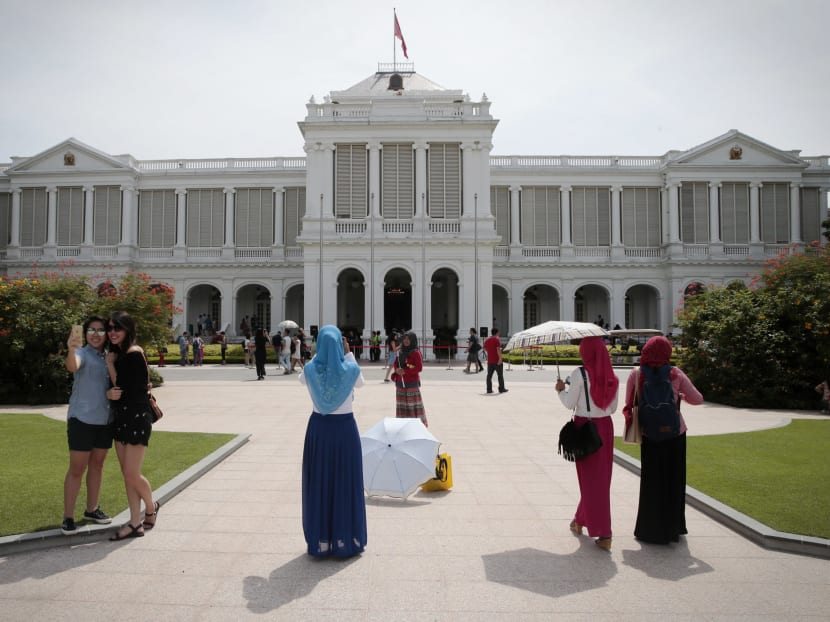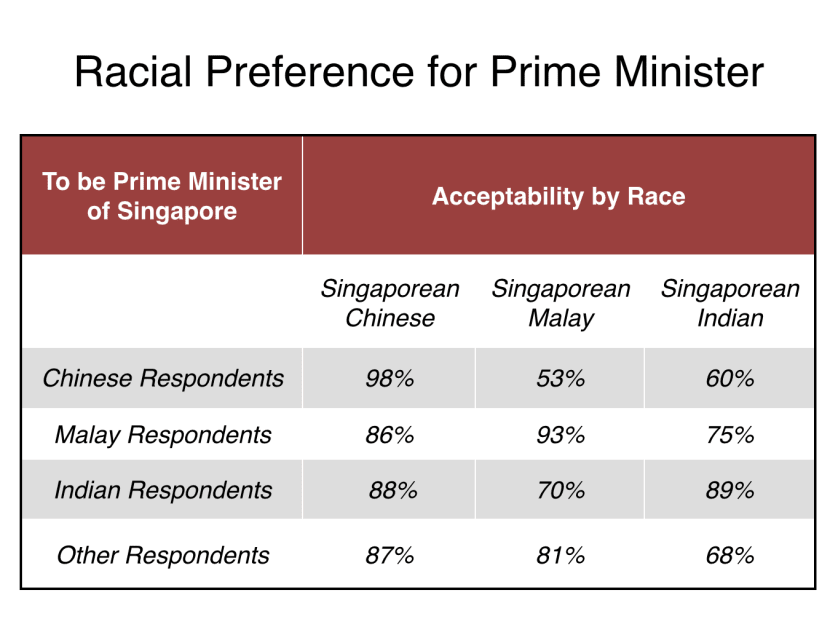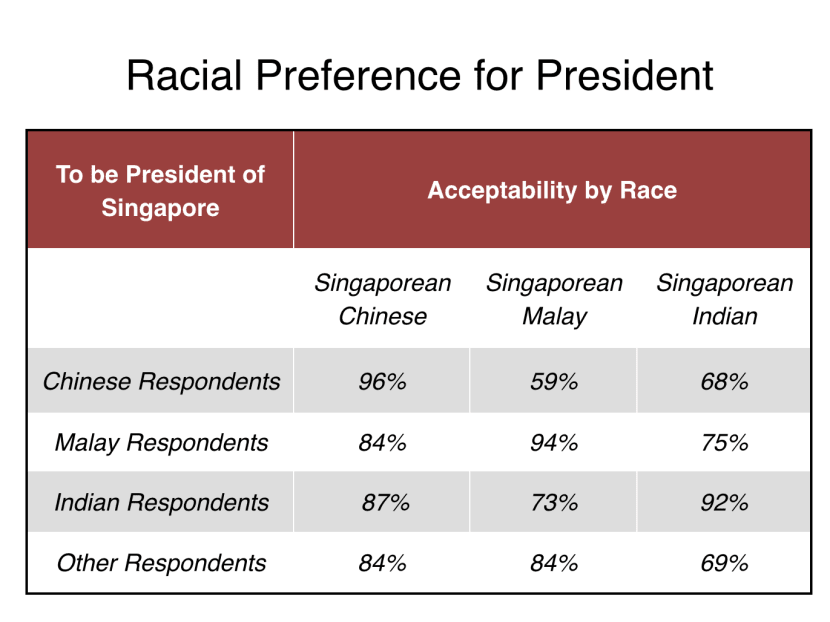Clear racial preference for Prime Minister, President: Survey
SINGAPORE — Race matters when it comes to Singaporeans’ preferences for the country’s Prime Minister or President, a nationwide survey has shown.

Visitors at the Istana Open House on July 6, 2016. A survey by Channel NewsAsia and the Institute of Policy Studies has found that the vast majority of the respondents prefer the country’s top leaders to be of the same race. Photo: Jason Quah
SINGAPORE — Race matters when it comes to Singaporeans’ preferences for the country’s Prime Minister or President, a nationwide survey has shown.
The survey found that the vast majority of the 2,000 respondents prefer the country’s top leaders to be of the same race as themselves. This sentiment was markedly stronger among respondents aged 50 and above.
Nevertheless, sizeable proportions of the respondents across the various races said they would accept leaders of a different race.
For example, while almost all (98 per cent) of the Chinese respondents said they prefer a Chinese Singaporean Prime Minister, about 53 per cent and 60 per cent said they would accept a Malay Singaporean Prime Minister or a Indian Singaporean Prime Minister, respectively.
Among the Malay respondents, 93 per cent said they prefer a Malay Singaporean Prime Minister and 86 per cent indicated they would accept a Chinese Singaporean Prime Minister. Three-quarters said they would accept an Indian Singaporean Prime Minister.
As for Indian respondents, 89 per cent said they prefer an Indian Singaporean Prime Minister. Seventy per cent and 88 per cent said they would accept a Malay Singaporean Prime Minister or a Chinese Singaporean Prime Minister, respectively.

The findings were generally similar when it comes to the respondents’ racial preference for the country’s President.

Taking age into account, 63 per cent of Chinese respondents aged below 30 were in favour of having a Malay Singaporean Prime Minister, for example, compared with 42 per cent among those aged 50 and over.
While the survey showed that people are still “mindful of race”, IPS senior research fellow Dr Mathew Mathews, who led the survey, said it does not mean they are “necessarily opposed to having someone of another race to fill key positions”.
“People have grown accustomed to politicians and key leaders of different races and over time they accord them great respect. There are often features that transcend racial identity. So if you know someone is competent, a great thinker and speaker, one who is really concerned about people, you can set aside your prejudices and accept that person. But it takes time for people to take notice of these qualities,” he added.
The issue of a minority race leader for Singapore surfaced as a point of discussion last July, when Deputy Prime Minister Tharman Shanmugaratnam was asked at an IPS forum on whether Singapore would ever see an Indian Prime Minister. Responding, Mr Tharman had said that it seemed “inevitable” at some point that a minority Prime Minister would be a feature of the political landscape, in line with Singapore’s meritocracy system.
Announcing a review of specific aspects of the Elected Presidency (EP) in January, Prime Minister Lee Hsien Loong had flagged safeguarding minority representation as one area of review, noting Singapore has not seen a Malay President since the Elected Presidency was introduced in 1991, and only one Indian President, Mr S R Nathan, since then.
The Constitutional Commission tasked with the review submitted its report to Mr Lee on Wednesday.
Associate Professor Eugene Tan of the Singapore Management University said that the survey findings could be used to support the argument that Singaporeans vote along racial lines.
But if the EP was tweaked such that a minority race President would be elected regularly, such a system may steer people away from voting for the best candidate, especially if he or she is from a minority race.
“If voters know, by default, that a minority president will, by law, be elected in the next election, this round they may take the position that there is no need to vote for a minority candidate because that minority group will have their turn the next round,” Assoc Prof Tan said.
National University of Singapore political scientist Reuben Wong noted that the findings did not answer the question of whether Singaporeans would vote along racial lines over other qualities such as competence.
He added that it was clear that Singaporeans still have a strong “CMIO” (Chinese-Malay-Indian-Others) mentality, perpetuated in policies such as those for housing and mother tongue languages.
“I feel it (CMIO) has in some ways overrun its course. There were reasons to do this in colonial times, but because we keep perpetuating this discourse, people have a very strong sense still of ethnic identity in Singapore,” he said. ADDITIONAL REPORTING BY LAURA PHILOMIN









